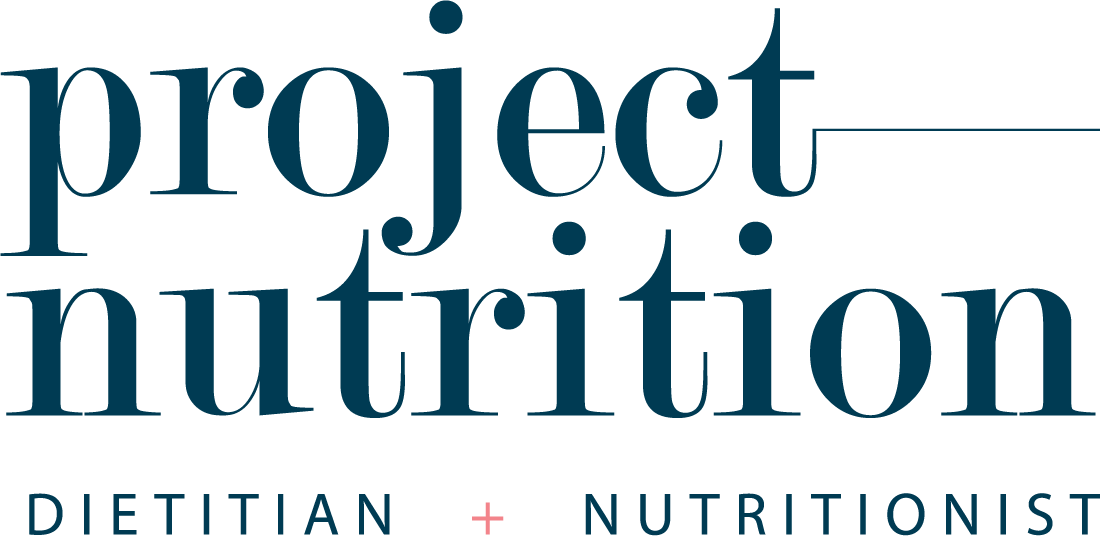Unlocking the Link Between PCOS and Hypothyroidism
When it comes to women's health, two common conditions that often fly under the radar are Polycystic Ovary Syndrome (PCOS) and Hypothyroidism. These conditions can impact various aspects of a woman's life, from fertility, weight management, metabolic health to mood & overall well-being. In this blog post we will delve into the association between PCOS and Hypothyroidism, shedding light on their connection, symptoms, and how to manage them effectively.
What is PCOS?
Polycystic Ovary Syndrome, commonly referred to as PCOS, is a hormonal disorder that affects many women of reproductive age. It is characterized by an imbalance in sex hormones, particularly an excess of androgens (male hormones), which can lead to various symptoms such as irregular periods, ovarian cysts, and hormonal imbalances.
What is Hypothyroidism?
Hypothyroidism, is a condition in which the thyroid gland fails to produce sufficient thyroid hormones. These hormones play a crucial role in regulating the body's metabolism and energy production. When there is a deficiency, it can result in a range of symptoms, including fatigue, weight gain, and mood changes.
The Surprising Connection between PCOS & Hypothyroidism
A recent systematic review found a clear relationship between PCOS & subclinical hypothyroidism with women with PCOS more likely to be diagnosed with sub-clinical hypothyroidism. Sub clinical hypothyroidism occurs when Thyroid Stimulating Hormone (TSH) is elevated & thyroid hormones are normal. The exact reasons behind this connection are still being studied, but it is believed to be related to hormonal imbalances within the body.
The overlapping symptoms of PCOS & Hypothyroidism
Both PCOS and Hypothyroidism share some overlapping symptoms, which can make diagnosis and management challenging. Here are some common symptoms to look out for:
1. Irregular Menstrual Cycles: Women with PCOS often experience irregular periods, while Hypothyroidism can also cause menstrual irregularities.
2. Weight Gain: PCOS weight gain is a well-known concern, and Hypothyroidism can contribute to it as well.
3. Fatigue: Feeling excessively tired is a symptom of both conditions.
4. Hormone Imbalance: Both PCOS and Hypothyroidism disrupt hormonal balance, leading to various symptoms.
5. Hair Issues: Thinning hair or hair loss can be seen in both conditions.
6. High cholesterol: PCOS can cause high cholesterol to the metabolic impact the condition can have. High cholesterol is also common in those suffering with hypothyroidism
7. Constipation: Constipation & bloating are more common if you have been diagnosed with PCOS and hypothyroidism can also cause constipation.
Hormone Balance: The Key to Management
Managing PCOS and Hypothyroidism often revolves around restoring hormonal balance. Here are some strategies to consider:
1. Nutrition & Lifestyle Changes: Adopting a healthy lifestyle can significantly impact both conditions. International PCOS treatment guidelines recommend that lifestyle changes should be the first line of treatment for all women diagnosed with PCOS. There is also research to support that exercise can help improve PCOS as well as improve quality of life for those diagnosed with sub-clinical hypothyroidism.
Check out my previous blog posts on nutrition for thyroid health & PCOS.
2. Medication: Hormone replacement therapy is commonly prescribed for Hypothyroidism. In the case of PCOS, oral contraceptives can lower androgens and medications such as metformin can regulate insulin levels. Medication should always be prescribed by a Medical Professional.
3. Supplements. Emerging research shows that supplements such as inositol & selenium for people with subclinical hypo-thyroidism may help to optimise TSH levels & improve symptoms associated with these conditions. It appears that the bodies demands for myo-inositol are high in those who have subclinical hypothyroidism Research is very limited and selenium can be toxic at high doses therefore always speak with a medical professional before commencing any supplementation.
4. Weight Management: PCOS weight loss can be challenging, however maintaining a healthy weight is an important part of managing both conditions. Consult with a healthcare professional for personalized advice.
5. Monitoring: Regular check-ups and blood tests with you medical doctor & health care team are vital to track hormone levels and ensure that treatment is effective.
Further research is needed to fully understand the link between PCOS & hypothyroidism and to determine if this PCOS directly causes thyroid dysfunction. Based on the current information available, it appears that if you have both conditions, optimising one condition may help the other condition too.
